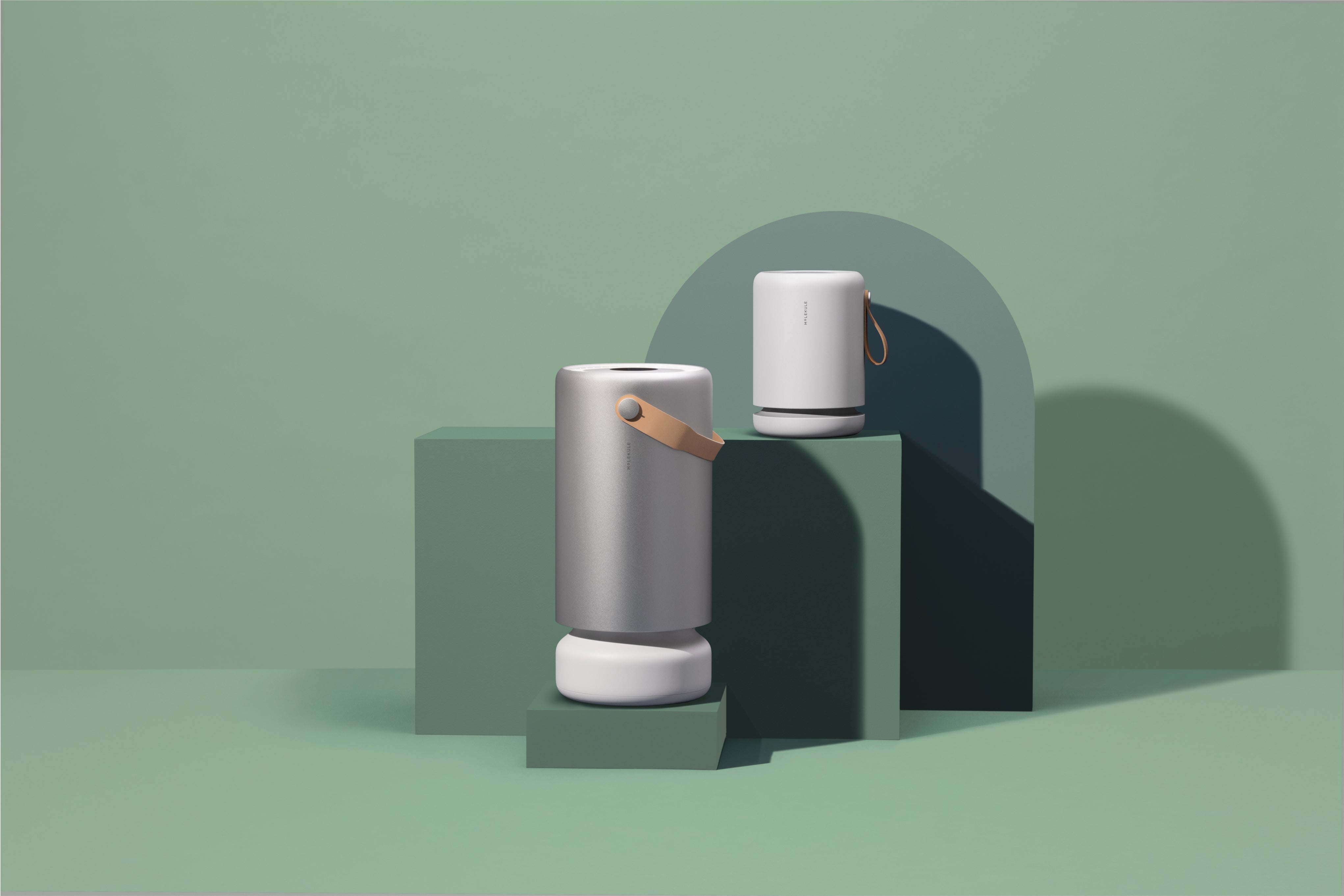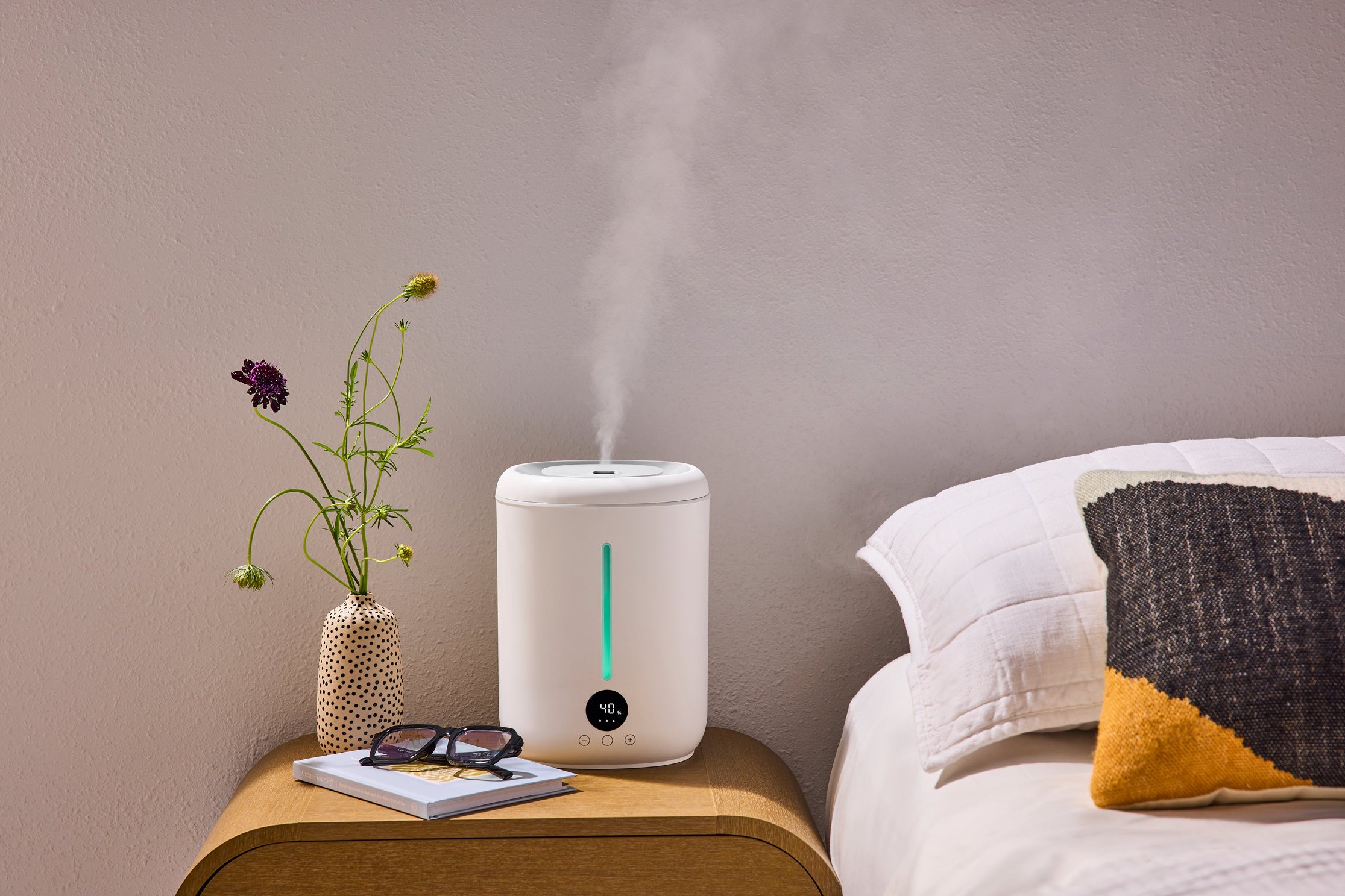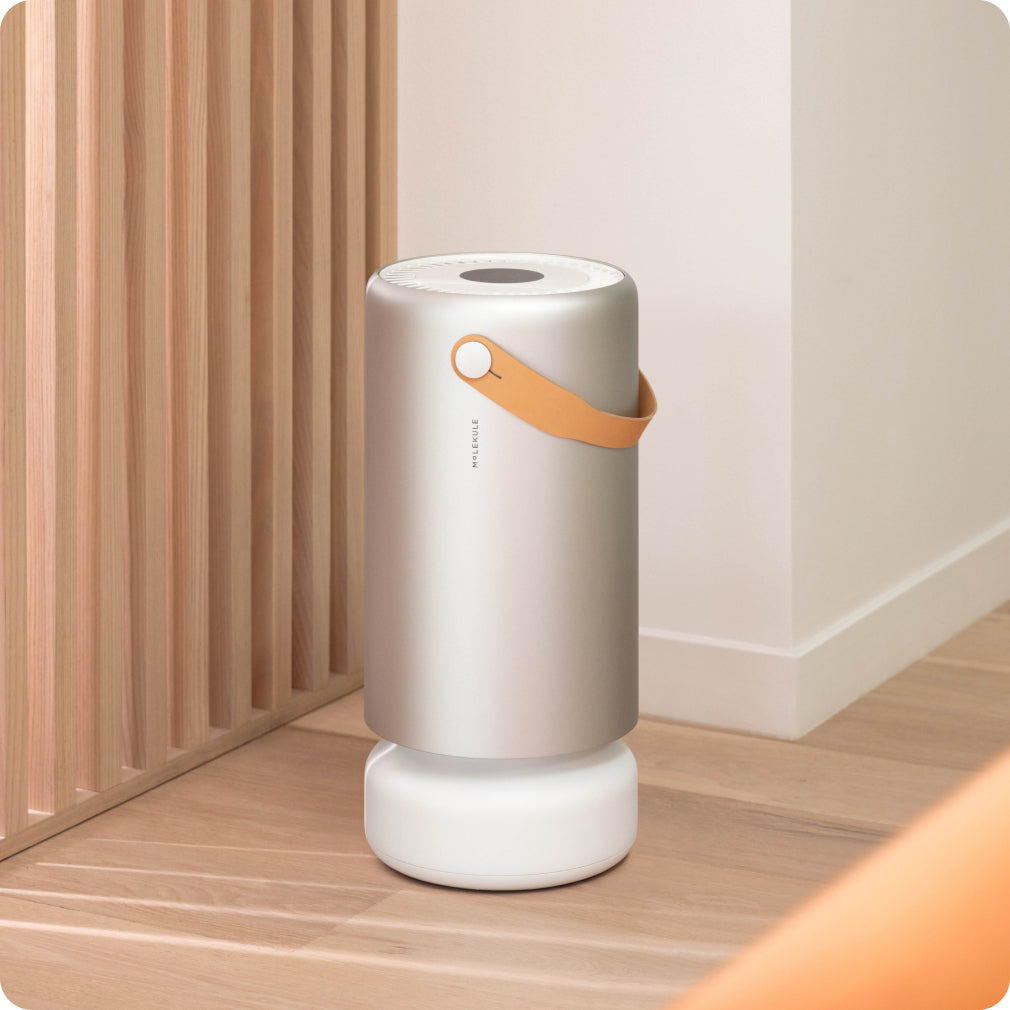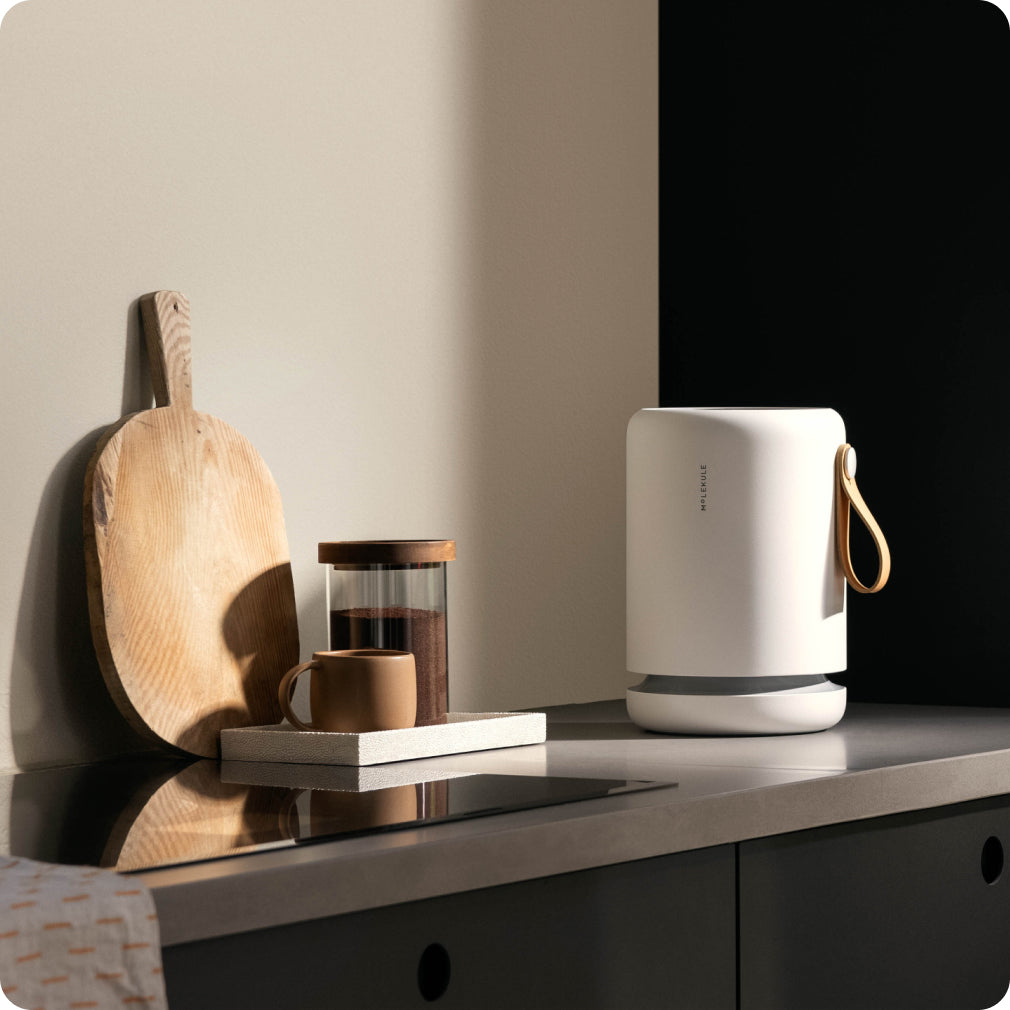When a new smell comes into our homes, it is hard not to notice. Some new smells are welcome, like fresh-baked cookies or homemade apple pie. Others, we would rather avoid, such as pet accidents or spilled milk. But some smells, whether good or bad, can be completely baffling.
When you are faced with a lingering, mysterious odor, what are your options? How do you know which smells should cause concern and which can simply be fixed with a quick cleaning? Learn more about what may cause the unexplained smell in your home, and what you can do to get rid of it.
Could that mysterious odor be dangerous?
When you encounter a new, unexplained smell in your home, the first thing that you should do is make sure that it is not causing immediate harm to you or your family. Some lingering smells could indicate serious health hazards and should not be ignored. While maintaining your indoor air quality should always be a priority, you should take special care when dealing with the household smells described below.
Signs of a Gas Leak: Rotten eggs or sulfur
A rotten egg odor or unexplained sulfur smell could mean that you have a gas leak, especially if the smell is coming from your kitchen or near other appliances that use gas. This may simply mean that you have a burner valve is slightly open or a pilot light that is out. If this is the case, you may be able to fix the problem yourself.
However, if the source of the gas smell is not easily identifiable—or if you hear the sound of escaping gas—the safest thing to do is to leave your home immediately and call your gas company from your cell phone or a neighbor’s phone. Do not try to turn off any electric switches or appliances. Avoid changing your thermostat, using automated garage doors and smoking or lighting matches. For more information, please see “What to do if you smell propane gas” from the Connecticut Department of Energy & Environmental Protection.
Did you know? Propane gas is naturally odorless, but gas companies add in an element called mercaptan to give it its distinctive smell*. This helps protect consumers by making gas leaks easier to detect.
Signs of an Electrical Fire: A burning or “fishy” smell
There are a few different reasons that you might smell smoke in your home. Even if you do not see a fire, there could still be one behind your outlets or in your wall. When electrical wiring starts to overheat, it can emit a burning smell.
Check to see if any of your outlets are sparking, especially if you notice that the smell is only present when you use a certain appliance or outlet. However, if the burning smell is strong and you can not pinpoint the source, the safest option is to exit your house immediately and call 911 once you and your family are safely outside. Do not return indoors until the fire department has had a look around.
Did you know? Some electrical components give off a “fishy” smell when they are exposed to high temperatures. If there is an unexplained fishy smell in your home, check your outlets and appliances just as you would for a burning smell.
A note about carbon monoxide
Carbon monoxide may be odorless, but it is far from harmless. Room heaters, fireplaces, faulty automobile engines and some stoves have the potential to create this dangerous gas, according to the CDC. You may not notice symptoms of carbon monoxide poisoning before they become severe, but symptoms can include:
- Headaches
- Dizziness
- Nausea
- Chest pain
- Confusion
Did you know? Severe carbon monoxide poisoning can lead to loss of consciousness and even death.
The best way to protect yourself and your family from carbon monoxide in your home is to install a carbon monoxide detector. These detectors are available at most hardware stores. You should install one on each floor of your house and check them regularly for functionality according to the manufacturer’s recommendations.
Other types of lingering smells
Once you have made sure that the bad odor in your home is not a sign of a bigger, more dangerous problem, the next step is to figure out just where the smell is coming from and what is causing it.
For example, carpets and paint can both retain smells from past accidents or spills long after they have been cleaned. Replacing your carpets, or at least deep cleaning them, can help with this. If it appears to be a paint smell a fresh coat of paint could help as well.
However, you should take care when painting your walls. Most paints emit volatile organic compounds (VOCs) as they dry. These VOCs can be harmful when inhaled and may cause health problems such as headaches, nausea and a wide range of respiratory symptoms. To avoid this, buy paint brands with no or low VOCs and make sure to increase the ventilation in your home during and after painting.
Musty smells
Musty smells, sometimes compared to the smell of wet cardboard or mothballs, are often caused by mold or mildew in the home. If you notice a musty smell in your home, it may be caused by microbial VOCs emitted by mold. Exposure to these mVOCs can cause a variety of health problems, so any potential mold growth should be investigated as soon as possible.
The first step to getting rid of the musty smell is to figure out where it is coming from. Check for plumbing leaks, such as under your kitchen or bathroom sink. There may also be issues with your gutter or condensation buildup in your windows or HVAC systems. Most minor household mold problems, meaning those under 10 square feet, are safe for homeowners to clean on their own, according to the EPA. Other types of mold may be harmful and require professional intervention.
Sewage smells
Sometimes, you may notice a sewage smell in your bathroom or near a sink, especially if the room has not been used in a while. There is a U-shaped pipe called a P-trap that uses water to keep sewage smells from rising up through your pipes. If this pipe has dried out, there may be nothing blocking the awful smell from entering your home. Flushing your toilet or running water in your sink or bathtub for a bit can reintroduce water into the system and fix the problem. If this does not help, you may need to call a plumber.
Pet smells
If your house has started smelling like a dirty dog—without the presence of an actual dirty dog— you might have some uninvited guests in your attic. Rodents, such as raccoons, mice and squirrels leave behind smelly droppings that may contain roundworm eggs or other parasites. This type of smell may also be caused by a deceased animal in the attic, walls, chimney or under the house. To be safe, call a pest control expert to take care of this problem.
Getting rid of lingering smells and odors
When you have an idea of where the lingering smell is coming from, and what is causing it, you can take the necessary steps to clean it up and make your home smell fresh once again. If you have been exposed to mold or VOCs, your family’s health may be affected. In order to clear the air in your home, try these helpful tips and tricks.
Some things, such as rodent droppings and deceased animals, may require professional help to ensure that the area is thoroughly cleaned. Other situations can be handled on your own. Many cleaning solutions can contain harmful VOCs that can negatively affect your indoor air quality. However, there are other ways to keep your home clean and free of unpleasant odors.
Baking soda and vinegar can be used to neutralize many different unwanted scents. For example:
- Use a spray bottle with warmed vinegar and water to clean stains from your wall that may be causing lingering odors.
- If you need to fix a stinky sink or garbage disposal, try pouring one cup of baking soda down the drain, followed by two cups of vinegar. Let it bubble for about five minutes before washing it down with plenty of hot water.
- Try sprinkling baking soda on your carpets to get rid of lingering odors. Leave it on for as long as you can, overnight if possible, and then vacuum your carpet. This trick can also be used to freshen up an aging mattress. Just sprinkle baking soda on your mattress, leave for about 30 minutes and then vacuum it up!
In addition to regular cleaning, increasing the ventilation in your home can also help keep your home smelling fresh. Try adding an air purifier to improve your indoor air quality and decrease the VOCs that you and your family breathe in each day.
Unwanted odors can be annoying and even worrisome, but you do not have to sit back and let them take over your home. By finding and eliminating the source of the lingering smell, you can start to breathe easier once again.







